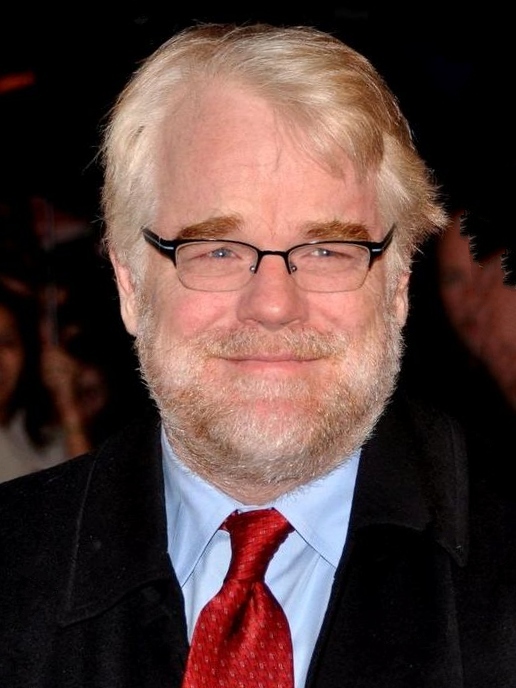
Introduction
Philip Seymour Hoffman, a revered figure in contemporary cinema, remains an enduring symbol of artistic excellence and depth in performance. Known for his versatility and captivating presence, Hoffman’s films continue to resonate with audiences and critics alike. The impact of his work is felt not only through the accolades he received but also in the way he influenced a generation of actors who strive for authenticity in their craft.
Career Highlights
Born on July 23, 1967, Hoffman showcased his talent early in life, graduating from New York University’s Tisch School of the Arts. He first made waves with his role in the 1992 film “Scent of a Woman,” but it was his performance in “Capote” (2005) that catapulted him to international acclaim. His portrayal of Truman Capote earned him an Academy Award for Best Actor and solidified his reputation as a powerhouse in the film industry.
Throughout his career, Hoffman starred in a wide array of films including “The Master,” “Moneyball,” and “Synecdoche, New York.” Each role showcased his emotional depth and commitment to character work, often transforming himself physically and mentally to inhabit his roles fully. His contributions went beyond acting; as a talented director and producer, Hoffman also left a mark on theatre, particularly with his involvement in the LAByrinth Theater Company.
Critical Recognition
Hoffman’s work was met with critical acclaim, earning him numerous accolades, including 4 Oscar nominations and multiple Golden Globe wins. His ability to portray complex characters with authenticity was unmatched. Critics often highlighted his unique approach to character development, blending empathy and vulnerability which added layers to his performances.
Impact on Future Generations
The impact of Hoffman’s career is particularly visible in the rising actors who cite him as an inspiration. His commitment to the craft is a benchmark for many aspiring performers. As actor Jason Clarke remarked, “He had the ability to make the audience feel every moment; he set a standard for us all.” His legacy encourages future generations to pursue truthfulness in performance and to take risks in their artistry.
Conclusion
Tragically, Philip Seymour Hoffman’s life was cut short when he passed away in February 2014 due to an accidental overdose. However, his legacy lives on in the countless films he starred in and the indelible mark he left on the film industry. As new actors and filmmakers draw inspiration from Hoffman’s exceptional work, it is clear that his contributions to cinema will continue to influence and enrich the art of storytelling for years to come. In remembering him, audiences are reminded of the profound ability of film to capture and convey the human experience.
You may also like

The Journey of Jon Hamm: From TV to Film Star

Austin Butler: From Young Actor to Hollywood Sensation

Tom Hardy: A Versatile Actor Making Waves in Hollywood
SEARCH
LAST NEWS
- Remembering Wendy Richard: The Promise to Co-Star Natalie Cassidy
- How Did Anglian Water Achieve an ‘Essentials’ Rating for Mental Health Accessibility?
- Shai Hope Leads West Indies in T20 World Cup Clash Against South Africa
- What We Know About Weston McKennie: Future at Juventus and Past at Leeds
- What We Know About the Upcoming Live Nation Antitrust Trial